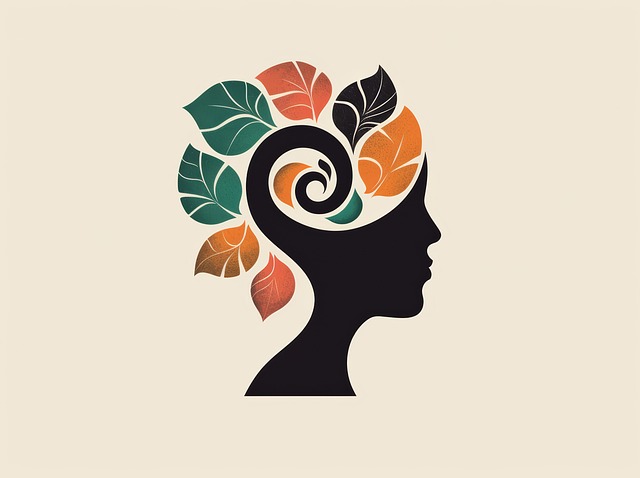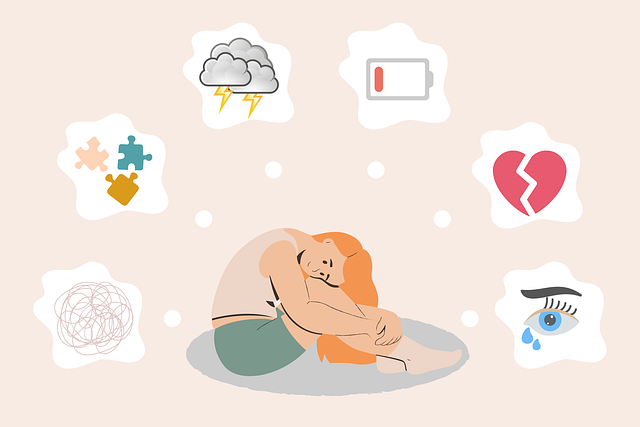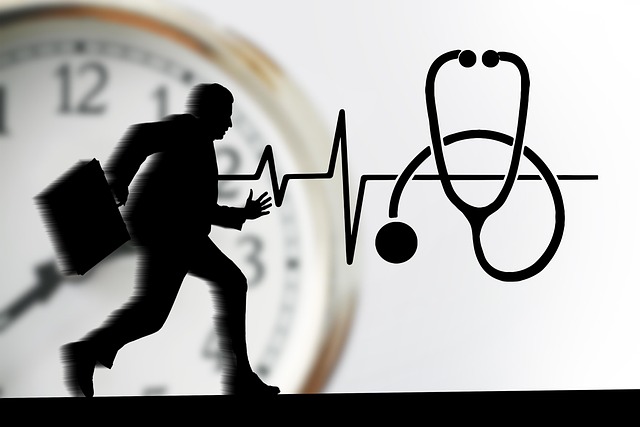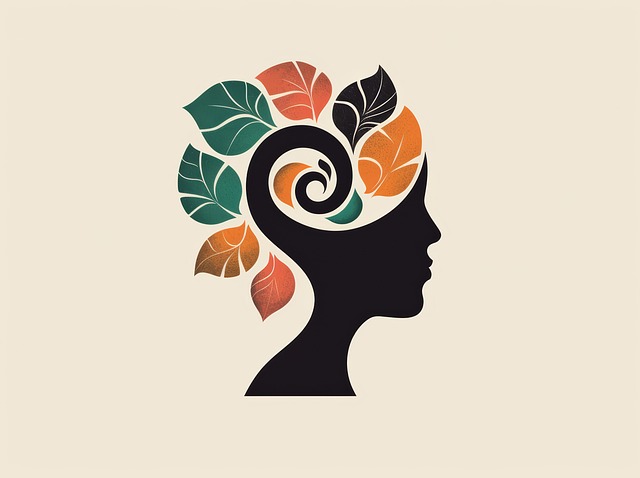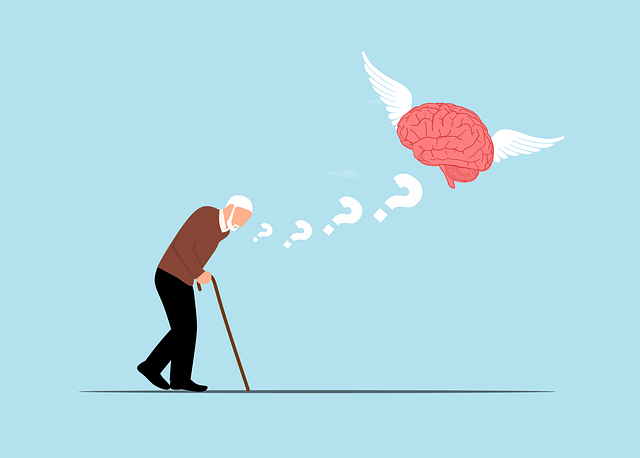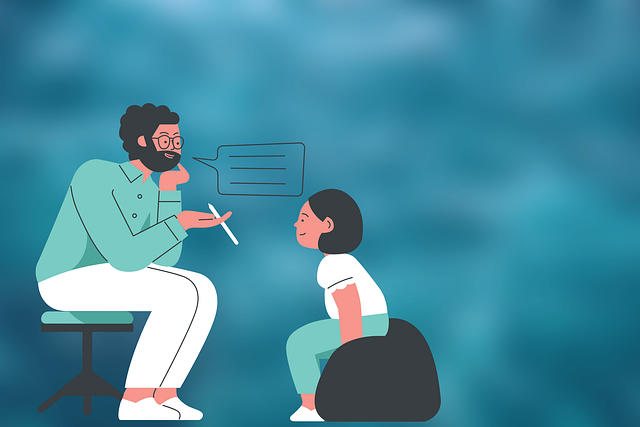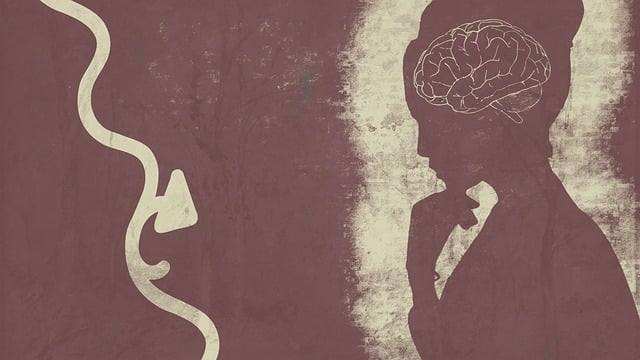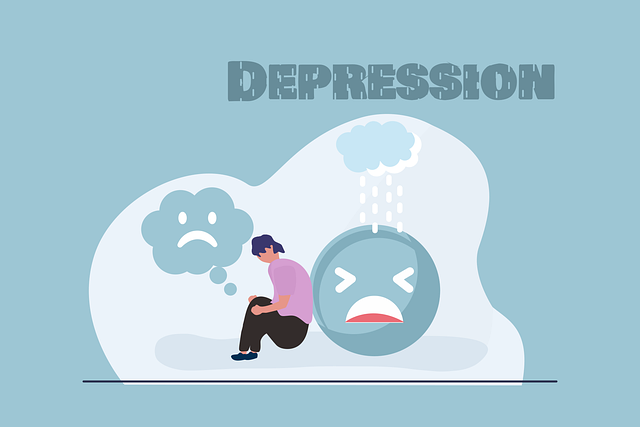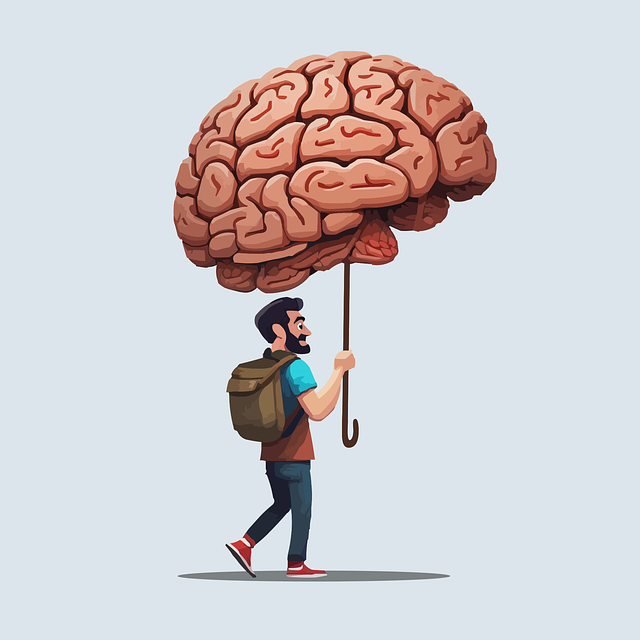Mental health advocacy initiatives, focusing on awareness, stigma reduction, and policy changes, are globally impactful. Littleton Biofeedback Therapy, using Mindfulness Meditation, empowers individuals with self-regulation skills for emotional stability. Public campaigns highlight mental health's prevalence, fostering empathy and early intervention. This collective effort improves well-being and creates a compassionate global community. Combining advanced technology with therapeutic practices, Littleton Biofeedback Therapy offers transformative support, addressing cultural sensitivity for inclusive care. A multi-faceted approach, including community outreach and digital campaigns, enhances initiatives' impact. Success stories show improved mental health outcomes, with goals to expand access and integrate these interventions into mainstream healthcare.
Mental health advocacy initiatives are transforming lives worldwide, with programs like Littleton Biofeedback Therapy playing a pivotal role in community support. This global movement aims to destigmatize mental health issues and promote accessibility to effective treatments. The article delves into various aspects of advocacy, exploring strategies for successful campaigns and highlighting real-world impact through success stories. We’ll also discuss future directions, emphasizing the ongoing importance of initiatives like Littleton Biofeedback Therapy in fostering holistic well-being.
- Understanding Mental Health Advocacy: A Global Movement
- The Role of Littleton Biofeedback Therapy in Community Support
- Strategies for Effective Mental Health Initiative Campaigns
- Real-World Impact: Success Stories and Future Directions
Understanding Mental Health Advocacy: A Global Movement

Mental health advocacy initiatives have emerged as a global movement, gaining momentum and recognition worldwide. At its core, mental health advocacy involves raising awareness, challenging stigma, and fighting for policies that support better mental healthcare access. This collective effort aims to ensure that individuals facing mental health challenges receive the understanding, resources, and treatment they deserve.
Littleton Biofeedback Therapy, a pioneering approach in the field, exemplifies the advancement of mental wellness tools. By incorporating techniques like Mindfulness Meditation, these initiatives empower individuals with self-regulation skills, enhancing emotional stability. Public Awareness Campaigns Development plays a pivotal role in this narrative by shedding light on the prevalence and impact of mental health issues, fostering empathy and encouraging early intervention. This collective advocacy not only enriches personal lives but also contributes to a more compassionate and supportive global community.
The Role of Littleton Biofeedback Therapy in Community Support

In the supportive landscape of mental healthcare, Littleton Biofeedback Therapy stands as a beacon of hope and recovery for many in the community. This innovative approach combines cutting-edge technology with therapeutic techniques to facilitate emotional healing processes. By teaching individuals how to regulate their physiological responses, biofeedback therapy empowers them to gain control over their mental well-being. It’s not just about treating symptoms; it’s about fostering self-awareness and empowering individuals to navigate the complexities of life with greater resilience.
The role of Littleton Biofeedback Therapy extends beyond individual empowerment. It also emphasizes cultural sensitivity in mental healthcare practice, ensuring that diverse communities feel seen and heard. Through empathy building strategies tailored to each person’s unique background, therapists create safe spaces where clients can openly express their experiences. This holistic approach not only addresses the mind but also respects the cultural nuances that shape individuals’ perceptions of well-being, making it a game-changer in the pursuit of community support for mental health advocacy initiatives.
Strategies for Effective Mental Health Initiative Campaigns

Mental health initiative campaigns can be highly impactful when designed with clarity and purpose. One effective strategy is to incorporate a multi-faceted approach that caters to diverse needs. For instance, combining Littleton Biofeedback Therapy with community outreach programs and digital awareness campaigns can amplify their reach. By offering a range of services from stress management workshops to trauma support services, initiatives can attract and assist a broader spectrum of individuals.
Additionally, focusing on resilience building through educational sessions and peer support groups fosters a supportive environment. Engaging influencers or mental health advocates can also help in normalizing conversations around mental health. Utilizing social media platforms to share personal stories and credible resources further enhances the campaign’s effectiveness, ensuring that the message resonates with a wider audience.
Real-World Impact: Success Stories and Future Directions

Mental health advocacy initiatives like Littleton Biofeedback Therapy are transforming lives, offering tangible solutions to issues such as stress management and trauma support services. By harnessing the power of evidence-based practices, these programs provide individuals with the tools needed to enhance their mental well-being and build resilience. Success stories abound, with participants reporting improved confidence boosting and significant reductions in anxiety and depression symptoms.
Looking ahead, future directions for mental health advocacy include expanding access to such therapeutic interventions, integrating them into mainstream healthcare, and fostering community support systems. As research continues to evolve, so too will the effectiveness of these initiatives, ultimately contributing to a more holistic and inclusive approach to mental wellness on a global scale.
Mental health advocacy initiatives, such as those highlighted involving Littleton Biofeedback Therapy, demonstrate the power of community support in fostering well-being. By combining therapeutic approaches like biofeedback with strategic campaign methods, we can create a more inclusive and understanding society. Looking ahead, success stories from these initiatives point towards a promising future where mental health is prioritized globally, ensuring that everyone has access to the resources they need for a healthier mind.
